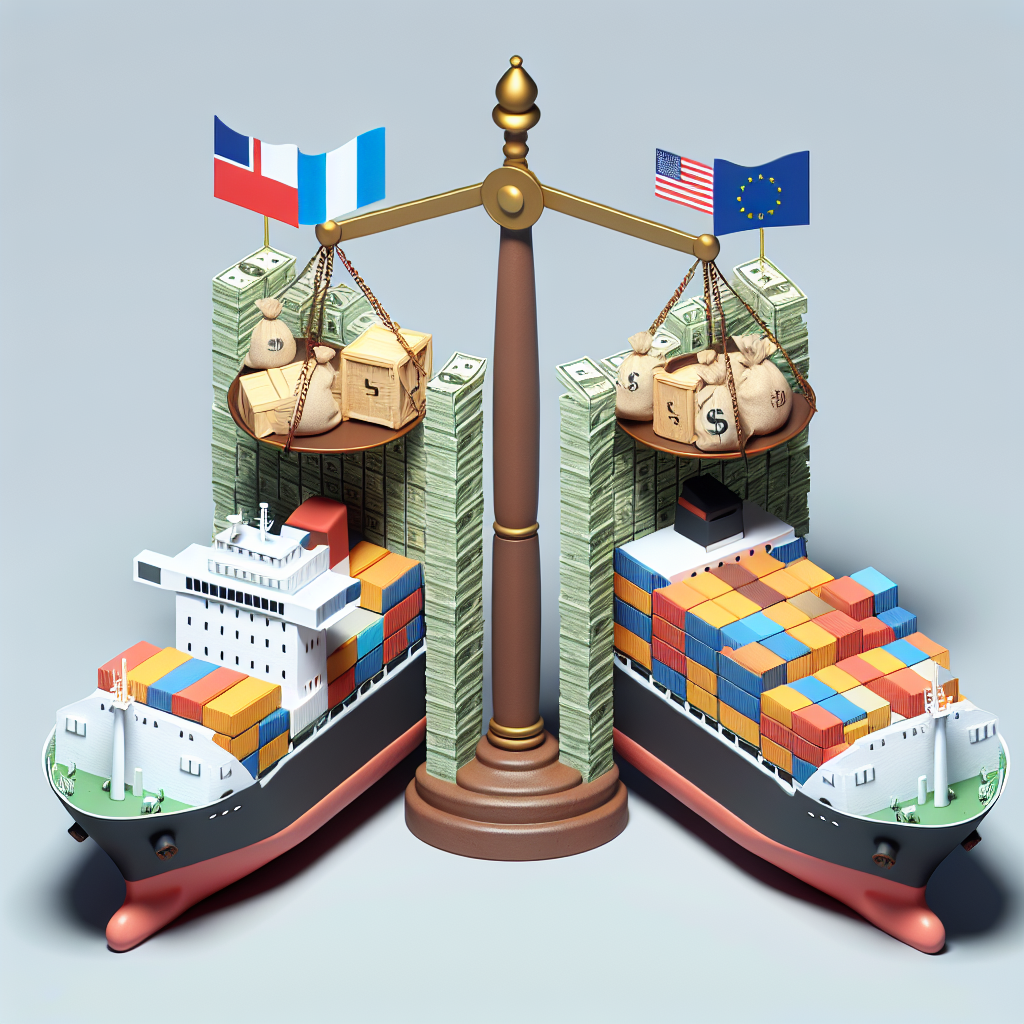Trump's Trade Triumph? Navigating Tariffs and Global Deals
President Donald Trump's aggressive tariff strategy has led to trade agreements with the EU and other countries, imposing a 15% tariff on their goods. While his protectionist approach aims to boost the U.S. economy and consolidate political gains, concerns persist about potential economic drawbacks and increased risks of recession.

- Country:
- United States
President Donald Trump's strategy of imposing hefty tariffs on foreign imports is reshaping global trade dynamics. Major trading partners, including the European Union, Japan, and Vietnam, are complying, agreeing to a substantial 15% tariff on their exports to the U.S.
Recently, the U.S. and the EU celebrated a key trade agreement, effectively averting a major trans-Atlantic trade war. The deal ensures that the EU will purchase $750 billion in U.S. energy products and invest $600 billion by 2028. However, the lack of comprehensive details raises questions about the long-term efficacy of these deals for the U.S. economy.
While Trump's policies have resulted in increased revenue from tariffs, economists warn of potential negative impacts on American consumers. They caution that the tariffs might raise prices, limit the Federal Reserve's flexibility on interest rates, and ultimately impede economic growth.
(With inputs from agencies.)
ALSO READ
Indian Badminton Stars Eye Glory at Japan Open
Japan's Political Landscape: LDP Faces Historic Low Ahead of Election
LDP Struggles: Support Hits New Low Ahead of Japan's Upper House Election
Japan's Ruling Coalition Faces Possible Defeat in Key Election
High-Profile Diplomatic Meeting Between Japan and U.S.










